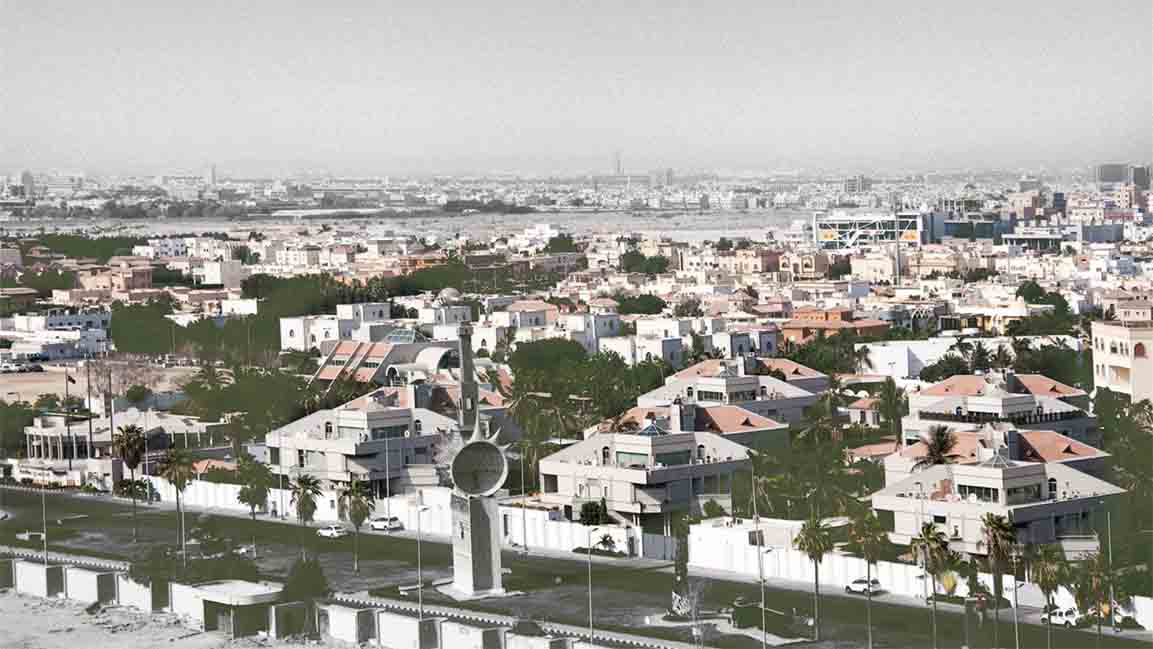
Established to address the country’s housing shortage, the NHC has successfully leveraged its public-private partnerships to increase the supply of affordable homes, a critical priority for the Saudi government. In the last few years, the company has not only focused on developing new residential communities but also on improving the quality and affordability of homes, making them accessible to a wider demographic. By integrating modern design and technology, NHC has enhanced the livability of these communities, providing innovative solutions in line with the kingdom’s urban planning goals.
One of the key drivers of NHC's success has been its ability to collaborate with both local and international developers, architects, and urban planners. These collaborations have resulted in the construction of sprawling residential projects across the country, including in Riyadh, Jeddah, and Dammam, which are expected to ease the burden of rising housing demand. As part of its strategy, NHC has focused on creating mixed-use developments that integrate housing, retail, and entertainment facilities, fostering vibrant communities that can support long-term growth.
The NHC has been instrumental in helping the Saudi government achieve its housing goals, which are central to the Vision 2030 plan. With a target to increase homeownership among Saudi citizens to 70% by 2030, the company has introduced programs designed to make home ownership more accessible, such as low-interest mortgages and affordable housing schemes. These initiatives are aimed at ensuring that more Saudis can own homes and thereby contribute to the growth of the economy.
The NHC’s impact is also seen in the broader real estate ecosystem, where it is fostering increased investment, particularly in the affordable housing sector. By streamlining land allocation and permitting processes, the company has created an environment conducive to faster project timelines. This has made it easier for private investors to get involved in housing development, bringing in much-needed capital for new projects. Real estate developers have expressed optimism about the NHC’s role, with several major companies entering joint ventures and partnerships to capitalize on the growing demand for residential properties.
The real estate sector’s growth has also been supported by government initiatives aimed at creating a more business-friendly environment. The NHC has benefitted from these initiatives, including the launch of new zoning regulations, tax incentives, and infrastructure development projects that make it easier to build homes and commercial properties. Furthermore, the Saudi government’s commitment to investing in infrastructure, such as the expansion of public transportation networks and utility services, is expected to complement the NHC’s housing projects, ensuring long-term sustainability.
In terms of innovation, NHC has embraced advanced technologies such as smart home solutions and green building practices in many of its projects. The company has made sustainability a cornerstone of its developments, incorporating energy-efficient systems, water conservation measures, and eco-friendly materials in its designs. This aligns with Saudi Arabia’s broader efforts to diversify its economy and reduce its dependence on oil revenues by focusing on more sustainable sectors. The NHC’s green initiatives are part of a larger national push to make urban development in the kingdom more sustainable and resilient to climate change.
While NHC has made significant strides in meeting housing demands, challenges remain. The rapid growth of Saudi Arabia’s population, coupled with the increasing number of young Saudis entering the housing market, will continue to test the company’s capacity to deliver. Additionally, the global economic uncertainty and fluctuations in oil prices may pose risks to the real estate sector, which remains closely tied to the broader economy. However, the government’s strong commitment to Vision 2030 and the NHC’s strategic positioning within the real estate sector suggest that these challenges can be managed through innovation, strategic partnerships, and continued investment.
Topics
Spotlight
